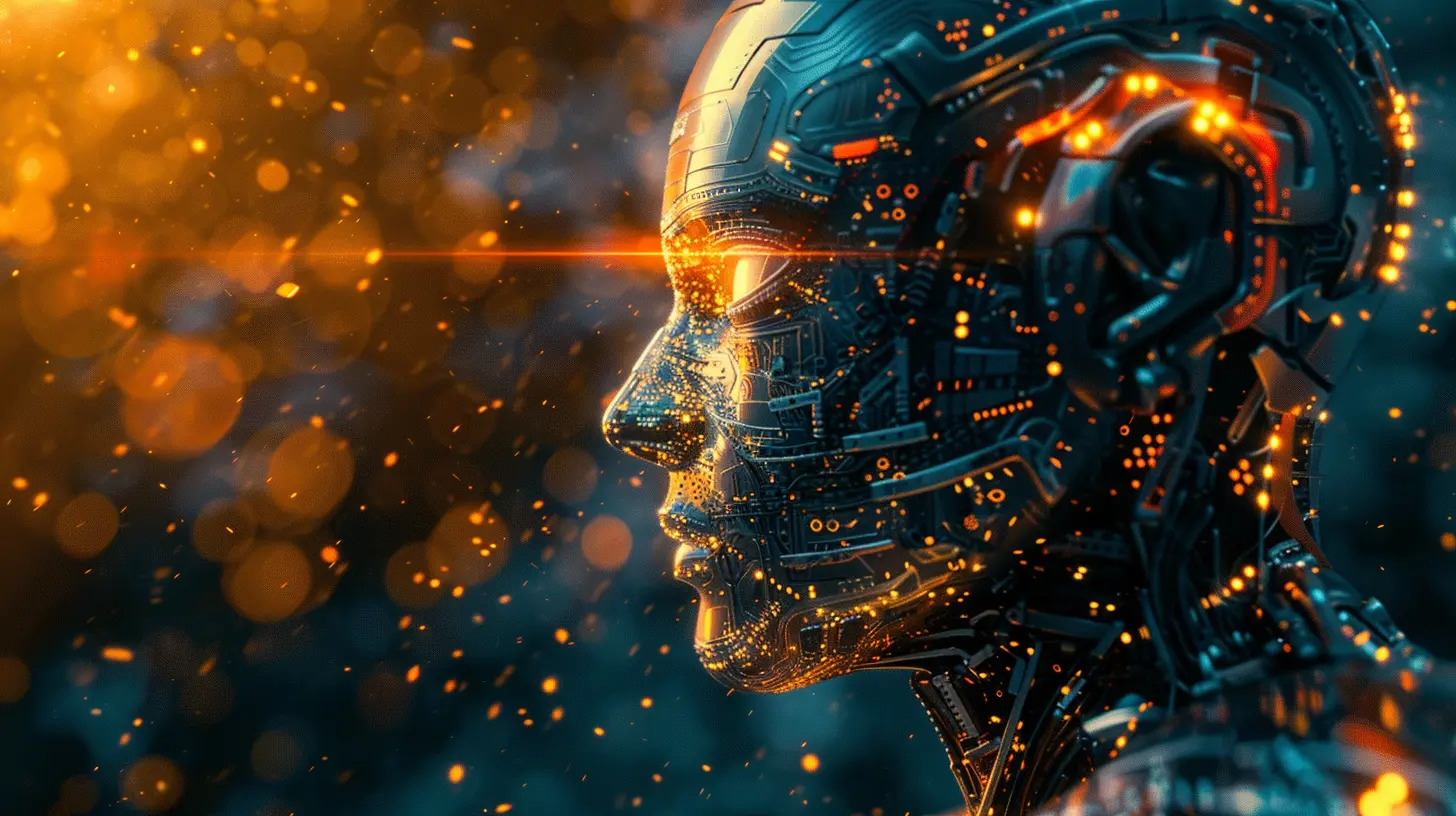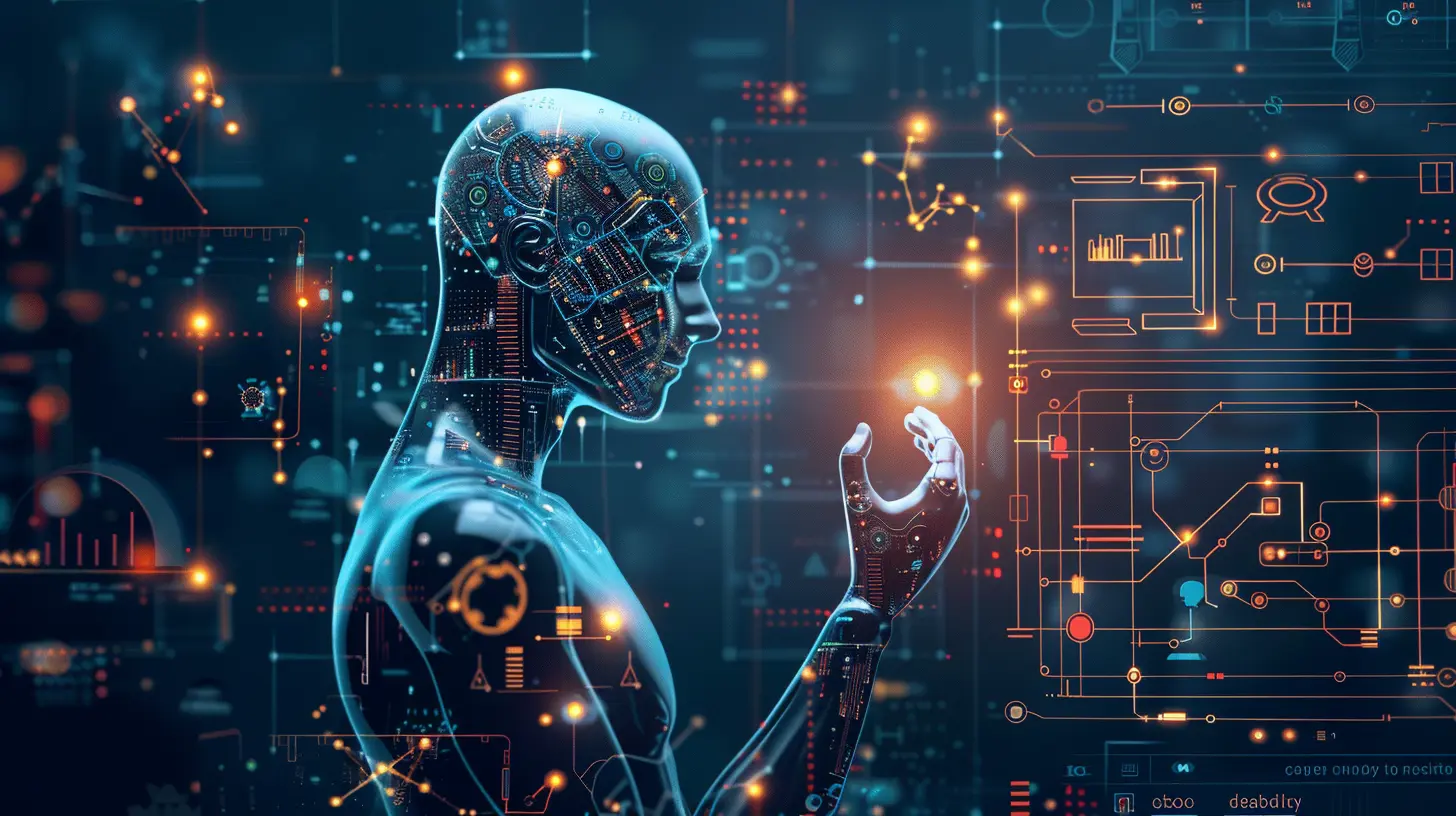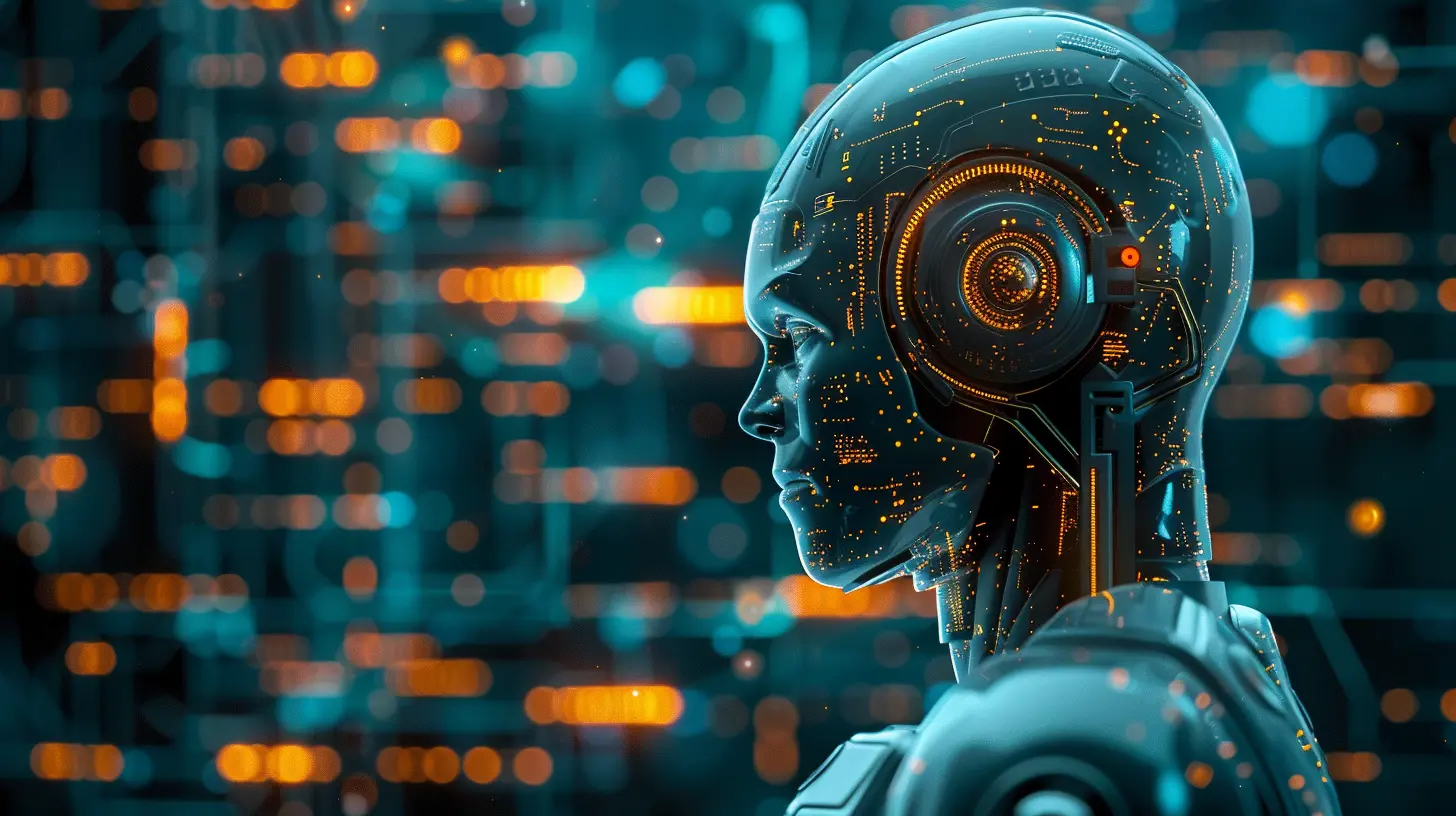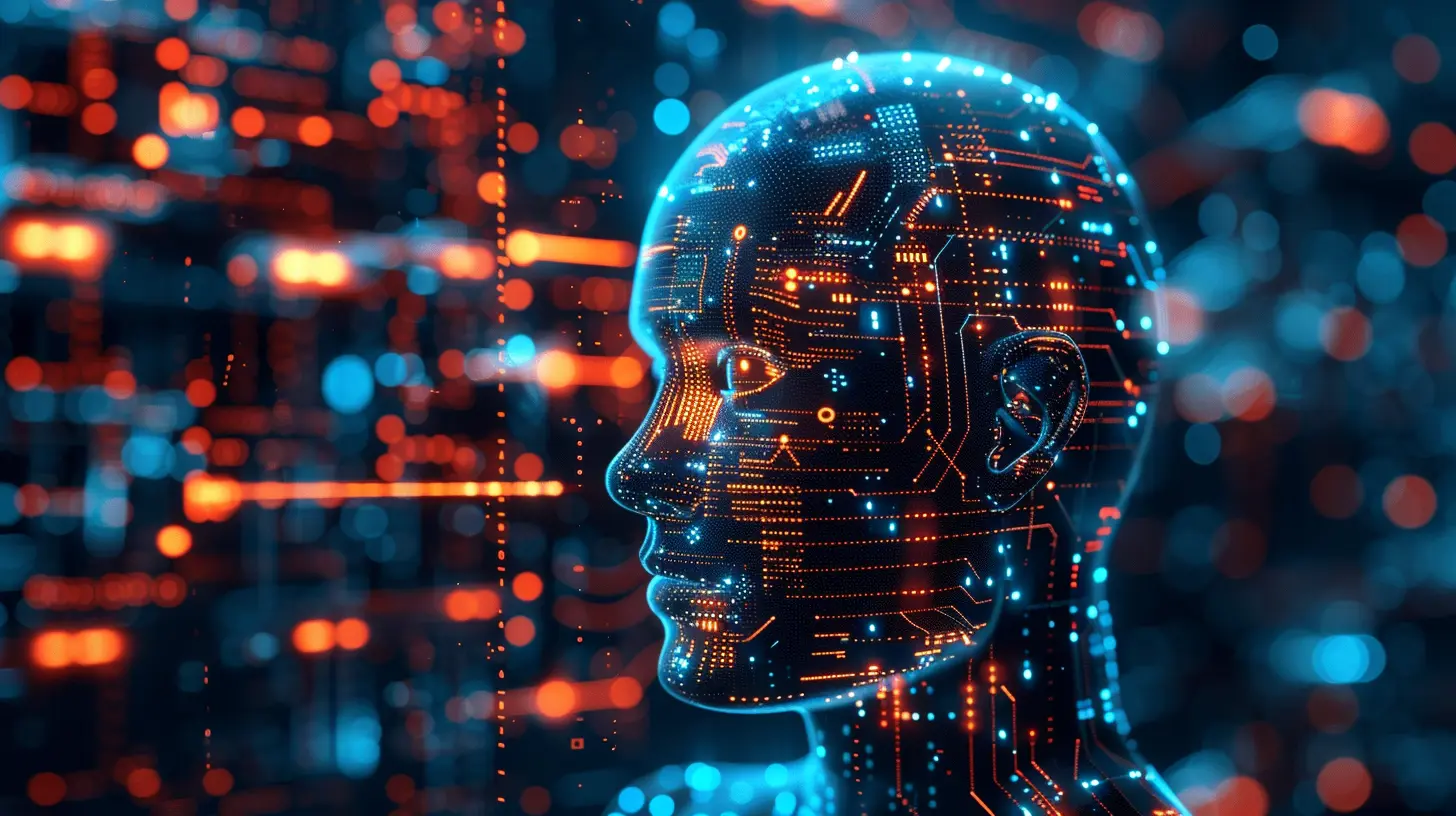The Evolution of Machine Learning in Search Engine Algorithms
6 October 2025
Search engines today are way smarter than they were a decade ago. Ever notice how Google almost reads your mind when you start typing a query? That’s not magic—it’s machine learning at work.
Machine learning (ML) has completely changed the way search engines rank websites, deliver search results, and enhance user experience. Gone are the days when stuffing keywords into a webpage could land you the top spot. Now, search engines are all about understanding user intent, relevance, and quality. Let’s take a deep dive into how machine learning has shaped modern search engine algorithms and what it means for SEO. 
The Early Days of Search Engine Algorithms
Back in the early 2000s, search engines were pretty basic. They relied on simple rules and keyword matching to rank pages. The more a keyword appeared on a webpage, the higher it ranked. This led to tactics like keyword stuffing—where websites crammed keywords everywhere just to manipulate rankings.But this approach had a massive flaw: it didn’t prioritize quality. Users often landed on spammy websites that offered no real value. Search engines needed a way to improve user experience and deliver results that actually mattered. That’s where machine learning started coming into play. 
The Introduction of Machine Learning in Search Engines
Machine learning is a game-changer for search engines. Instead of just following pre-defined rules, search engines started using ML models to learn from data and improve over time. Google was one of the first to integrate machine learning into its algorithms, and it hasn’t looked back since.One of the biggest breakthroughs came in 2015 with the introduction of Google RankBrain—an ML-based algorithm that helped improve search results by better understanding user queries.
What Exactly Is RankBrain?
RankBrain is an artificial intelligence (AI)-powered system that helps Google process and interpret search queries. Before RankBrain, Google relied heavily on human-written algorithms. But with RankBrain, the algorithm could now:- Analyze search queries it had never seen before
- Understand context instead of just matching keywords
- Adjust ranking factors dynamically based on user behavior
In short, RankBrain made search engines smarter. Instead of just matching words, Google could now understand intent—whether a user was looking for information, a product, or a specific website. 
Other Key Machine Learning-Based Updates
Over the years, Google and other search engines have continued refining their ML-driven algorithms. Here are some of the most important updates that have shaped search as we know it today:1. BERT (Bidirectional Encoder Representations from Transformers) – 2019
BERT was another major leap in machine learning for search engines. It improved Google’s ability to understand the meaning behind words in a search query.Before BERT, Google struggled with understanding complex and conversational queries. For example, if someone searched “Can you get medicine for someone at a pharmacy?”, Google might have focused on individual words like “medicine” and “pharmacy” rather than understanding the whole question.
With BERT, Google could now analyze the relationship between words in a sentence, making results more accurate and relevant.
2. MUM (Multitask Unified Model) – 2021
MUM took things even further. Unlike BERT, which focused on improving how search engines understood language, MUM can process and understand information across multiple languages, formats (text, images, and videos), and even different contexts.This means search engines can now:
- Understand complex queries better
- Provide direct answers instead of just links to pages
- Analyze multiple types of content, including videos and images
MUM is essentially Google’s way of making search engines more intuitive—almost like a personal assistant that understands exactly what you’re looking for. 
How Machine Learning Enhances Search Engine Algorithms
Machine learning isn’t just about ranking pages. It plays a role in several factors that influence search results. Let’s look at some of the biggest ways ML impacts search engines today.1. Understanding Search Intent
Search engines now differentiate between navigational, informational, transactional, and commercial queries. Instead of just matching keywords, Google tries to figure out what the user actually wants.For example, someone searching for “best laptops under $1000” is likely looking for product recommendations, not just general info on laptops. Machine learning helps search engines classify these queries correctly and serve the best results.
2. Personalized Search Results
Ever noticed how your search results feel tailored to you? That’s because search engines analyze your past searches, location, and behavior to deliver more relevant results.For example, if you frequently search for vegan recipes, Google might prioritize similar content in your future searches. Machine learning enables this personalized experience without requiring direct user input.
3. Spam Detection and Content Quality Evaluation
Machine learning helps search engines filter out low-quality or spammy content. Algorithms can now detect:- Thin content (low-value pages with little useful information)
- Duplicate content (copy-pasted text from other sources)
- Spam tactics (keyword stuffing, excessive ads, etc.)
This ensures that users get access to high-quality, trustworthy content instead of manipulative websites trying to game the system.
4. Voice Search and Conversational AI
Virtual assistants like Google Assistant, Siri, and Alexa rely on machine learning to understand natural language queries.Voice search is growing fast, and people tend to phrase voice queries differently than typed searches. For example:
- Typed search: “best smartphones 2024”
- Voice search: “What are the best smartphones to buy in 2024?”
ML models improve recognition of these conversational queries, making voice search more accurate.
What This Means for SEO
The rise of machine learning in search engines means SEO strategies have had to evolve. Here are some key takeaways:1. Focus on User Intent, Not Just Keywords
Google no longer ranks pages just based on keyword matching. Instead, it looks at how well a page satisfies user intent. Instead of stuffing pages with keywords, focus on answering real questions and providing value.2. High-Quality Content Is King
ML algorithms prioritize content that’s engaging, informative, and well-structured. Long-form, well-researched content often performs better than short, thin articles.3. Optimize for Voice Search
With the rise of voice search, optimizing content for conversational queries is crucial. Writing in a natural, question-based format can help your content rank better.4. Technical SEO and UX Matter More Than Ever
Search engines now consider factors like page load speed, mobile-friendliness, and user experience when ranking sites. If your site is slow or hard to navigate, don’t expect high rankings.The Future of Machine Learning in Search
Machine learning is only going to get better. As AI models evolve, search engines will become even more intuitive, anticipating user needs with unmatched accuracy.We can expect:
- More accurate voice and visual search
- Search engines that “think” more like humans
- Even stronger emphasis on quality content and user experience
For businesses and content creators, staying ahead means keeping up with these changes and focusing on creating valuable, user-friendly content.
Final Thoughts
Machine learning has transformed search engine algorithms in ways we couldn’t have imagined a decade ago. From simple keyword-based ranking to AI-powered understanding of search intent, search engines are getting smarter by the day.For SEO professionals and content creators, the key to success is adapting to these changes, focusing on high-quality content, and understanding how ML-driven algorithms influence rankings. One thing’s for sure—machine learning isn’t just the future of search; it’s already shaping the present.
all images in this post were generated using AI tools
Category:
Machine LearningAuthor:

Adeline Taylor
Discussion
rate this article
1 comments
Fatima Castillo
From simple queries to smart insights, AI's search journey is mind-blowing!
October 22, 2025 at 3:05 AM

Adeline Taylor
Thank you! Indeed, AI's progression in search algorithms has transformed how we access and interpret information.


